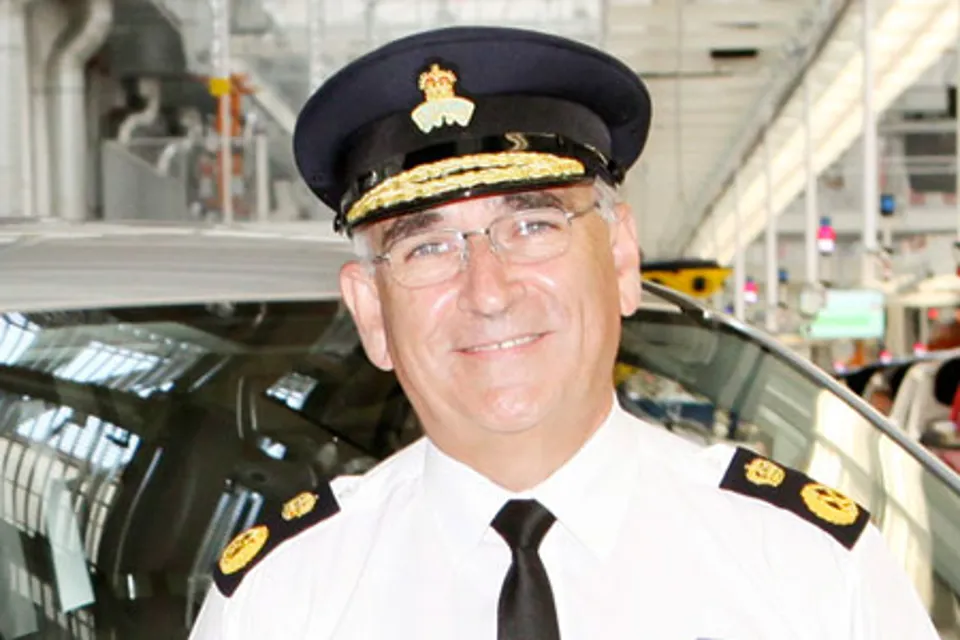Idling is another key issue, with the cost estimated at £1.20 per litre.
As well as the Trimble solution, stop/start is available on all vehicles, with speed limiters installed across the van fleet in the hope of bringing this cost down in future.
“It’s difficult to separate the initiatives in place, such as stop/start, newer, more fuel-efficient vehicles and speed limiters, but I expect at least a 5% to 10% saving from these on our total bill,” says Branch.
The van fleet consists of Citroën Berlingo and Dispatch, with 130 Volkswagen Caddies and Transporters due to be delivered this year as part of a new deal with the manufacturer aimed at increasing reliability and saving the RSPCA 1p of fuel per mile on each vehicle.
The 4x4 fleet is made up of Nissan Navaras with a new Volkswagen Amarok about to join on a year loan (Fleet News spoke to Degenhard at the Volkswagen plant in Hanover, Germany, as he collected the Amarok).
The car fleet is based on a limited choice list, which is subject to change depending on the deals that can be struck with manufacturers.
Average fleet emissions are 155g/km but this is set to fall with the new Volkswagen vans due for delivery later in the year.
The RSPCA has also imposed a 125g/km cap on cars, down from 135g/km last year.
With the number of pets in the UK continuing to grow, the need for the RSPCA has never been greater but, with economic pressures and lack of funding from the Government, the charity faces a constant battle for survival. It is set to make approximately 300 redundancies by the end of the year.
Looking to the future, the RSPCA is continuing to streamline and reduce costs so it can continue to protect and care for as many animals as possible.
With regard to the fleet, the intention will be to reduce its size where possible, reduce downtime through increased reliability, introduce new technology where this proves beneficial and ensure that drivers are as safe as they can be while on the road.
















Login to comment
Comments
No comments have been made yet.